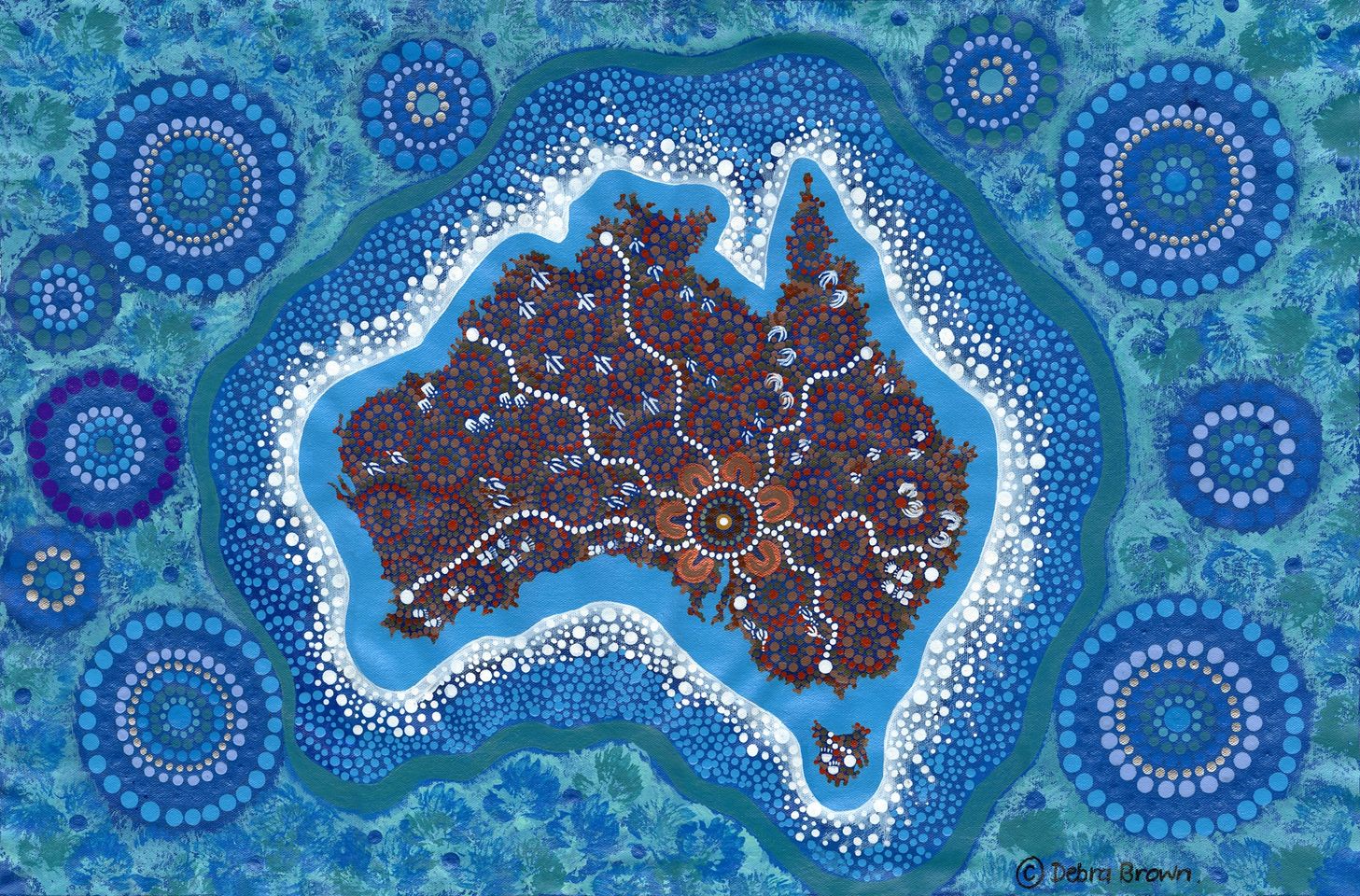Connected Beginnings program makes real inroads in Closing the Gap

Connected Beginnings, a program designed to support First Nations children to prepare for school has achieved major success as a result of a recent expansion, with program providers sharing insights at Early Childhood Australia’s Reconciliation Symposium held recently in Darwin.
The program aims to offer steady, wrap-around support for children from before birth, working with pregnant women, and then once babies are born, helping them to meet the learning and development milestones needed for a smooth start to school.
The program integrates local support services for families, including early childhood, maternal and child health, preschools, councils, and government agencies.
Connected Beginnings is making measurable gains for Closing the Gap, helping more First Nations families get involved in culturally safe early childhood services. Currently the program, which began in 2016, is operating at 24 sites across the country. Additional investment of over $81 million will mean that the program will roll out to another 25 sites by 2025.
Terese Christoff-Smith, the Assistant Director of the program and employee of the Department of Education, Skills and Employment, shared the following insights with conference attendees.
Adaptability is a strength
Central to the success of the program is the way in which it can be adapted to meet the needs of individual communities, Ms Christoff-Smith began.
Each site is led by Aboriginal and Torres Strait Islander people who create action plans to eliminate barriers that children and families face in connecting to services, including child care.
“Grant money is used to set up backbone teams and for operating expenses, the practicalities of connecting families to services, developing resources and events, and for training,” she continued.
Child Friendly Alice
In Alice Springs, the project has established Child Friendly Alice, which brings community organisations, government and individuals together to address childhood wellbeing. Together they improved service integration and the cultural competency of local early learning services.
This has resulted in greater Aboriginal representation, leadership and workforce.
Language focus in Tennant Creek
At Tennant Creek, the project is focused on language, culture and parenting strengths for child development. Participants are establishing the Mappul (together) Intergenerational Working Group to ensure intergenerational knowledge is passed down and emphasised in early childhood services and programs.
Learning on Country on Galiwin’ku
On Galiwin’ku, an island off the coast of Arnhem Land, the community is setting up the Junior Learning on Country initiative for programs and services involving children aged birth to eight years of age.
This will put Yolŋu culture and language at the heart of early years learning, fostering a stronger identity for Galiwin’ku children. The Northern Territory Indigenous Languages and Cultures curriculum is being used across the Yolŋu knowledge areas of language, health, natural environment, traditional lore, kinship system, education and wellbeing.
To learn more about Connected Beginnings, please see here.
Popular

Policy
Practice
Provider
Quality
NSW Government launches sweeping reforms to improve safety and transparency in early learning
2025-06-30 10:02:40
by Fiona Alston

Quality
Provider
Policy
Practice
WA approved provider fined $45,000 over bush excursion incident
2025-07-01 07:00:01
by Fiona Alston

Workforce
Policy
Quality
Practice
Provider
Research
ECEC must change now, our children can’t wait for another inquiry
2025-07-02 07:47:14
by Fiona Alston













